Pop Quiz Time!
What do you call that box at the top of your Chrome browser?
A. Search Portal Supreme
B. Magic Type Oval
C. Google Search Bar
D. The Omnibox
If you picked D – The Omnibox, gold star for you!
But hold on—what about that search box on the Google homepage? Let’s break it down.
Chrome Omnibox vs. Google Search Bar: What’s the Difference?
- Chrome Omnibox: This is Chrome’s combined address bar and search bar at the top of the browser. You can type in URLs, search terms, and even perform tasks like calculations, conversions, definitions, or chatting with Gemini—all from one place.
- Google Search Bar: This appears on the Google homepage or in new browser tabs set to Google. It connects to Google Search but doesn’t offer all the extra features the omnibox does.
Omnibox Magic: 9 Things You Didn’t Know It Could Do
The omnibox is more than just a search tool. It’s a multitasking powerhouse. Try these features and see for yourself:
1. Quick Calculations
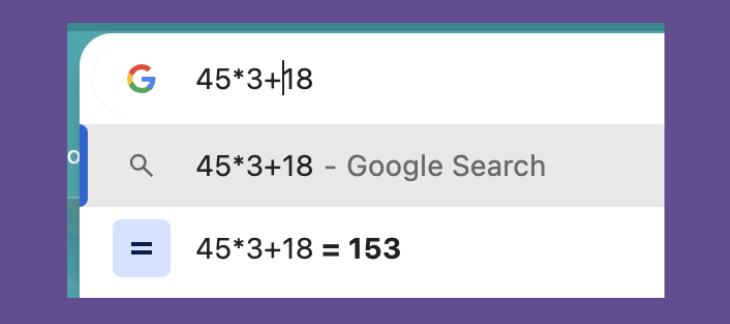
Type: 45 * 3 + 18
→ Instantly see the result without opening a calculator.
2. Unit Conversions

Type: 5 miles to km or 32 F to C
→ Converts units automatically and displays the answer.
3. Timer & Stopwatch
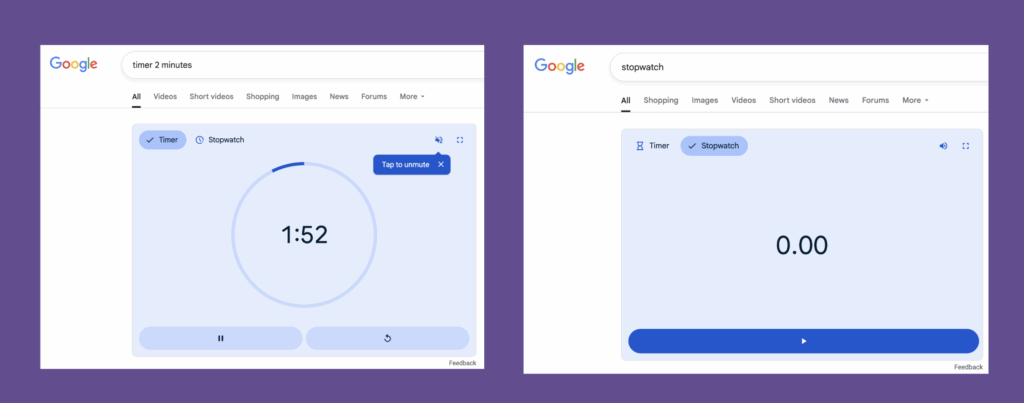
Type: timer 2 minutes or start stopwatch
→ Starts a countdown or stopwatch right in your browser.
4. Check the Weather
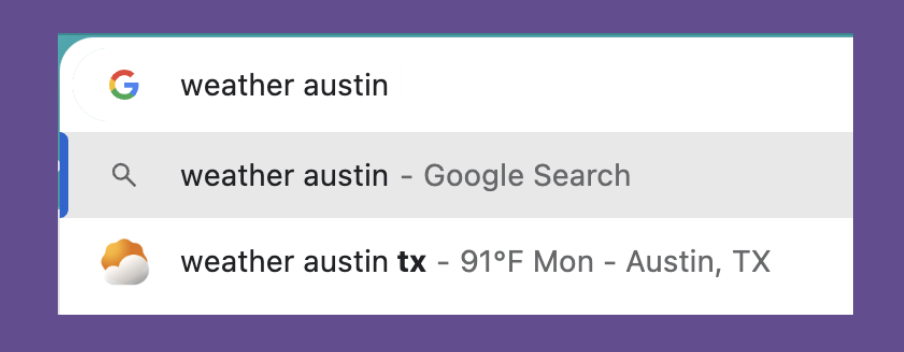
Type: weather austin tx
→ See current weather conditions instantly.
5. Define a Word

Type: define serendipity
→ View the definition and pronunciation without clicking a link.
6. Currency Conversions

Type: 50 USD to Euros
→ Instantly see the latest exchange rate.
7. Track Flights
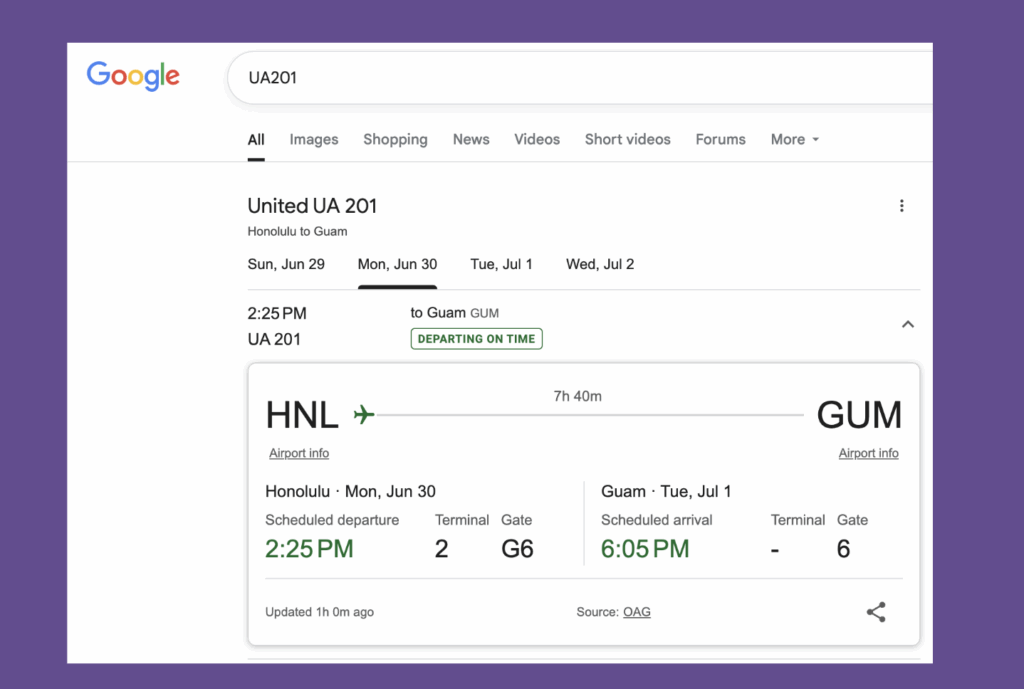
Type: UA201 (or any airline and flight number)
→ Check the real-time flight status, gate, and departure/arrival info.
8. Search a Specific Website
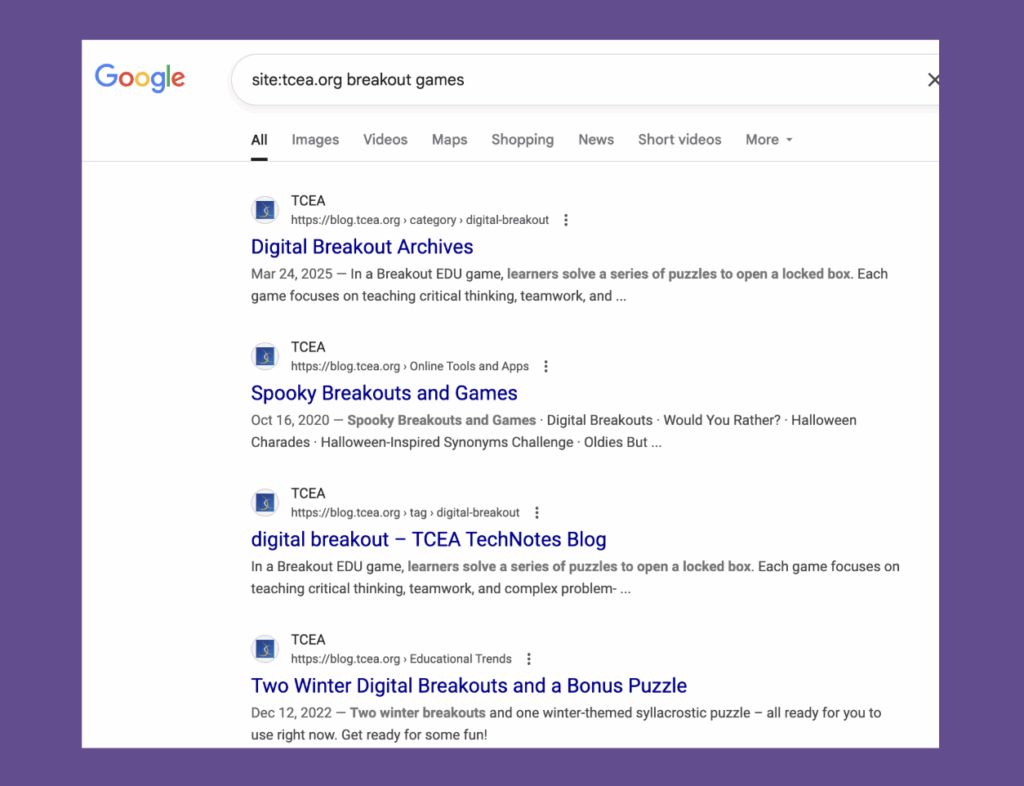
Type: site:tcea.org breakout games
→ Limits your search to results from just that website.
9. Search with Keywords
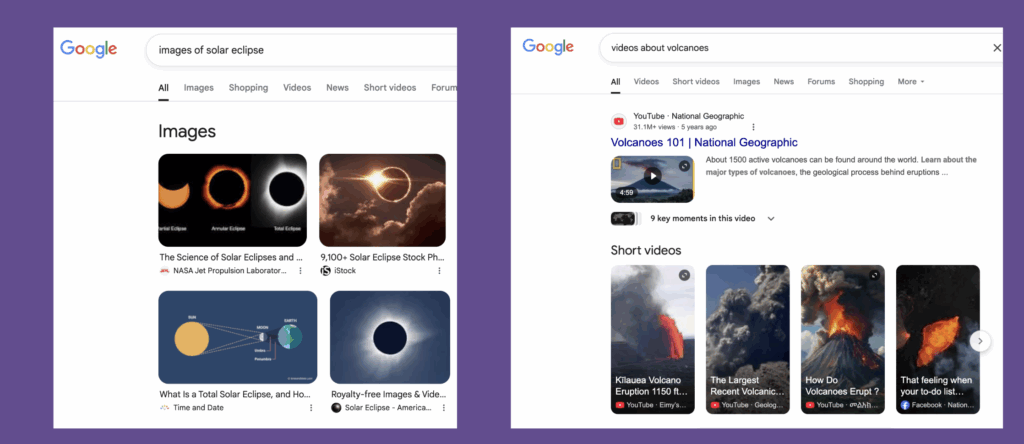
Type: images of solar eclipse or videos about volcanoes
→ Pulls up targeted results based on what you’re looking for.
Try It Out!
The omnibox isn’t just a place to type a web address—it’s a powerful tool built to boost your efficiency. Test out a few of these features and level up your browser skills. You just might find your new favorite shortcut. And don’t forget if you have an omnibox magic trick, please share in the comments below.



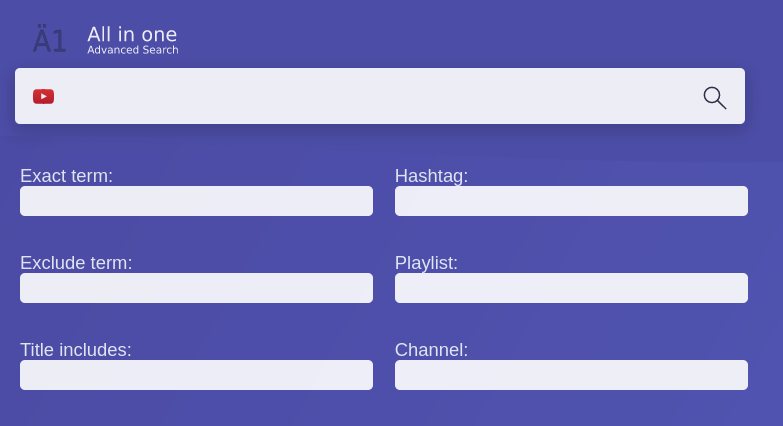
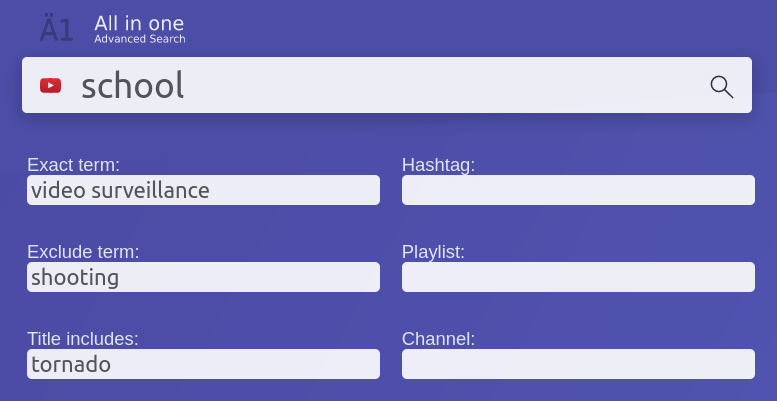

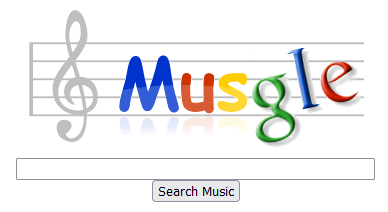
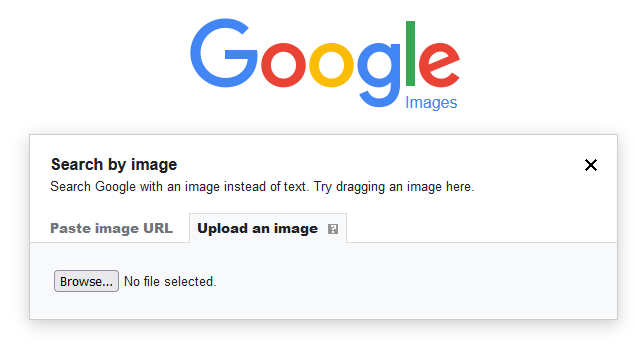
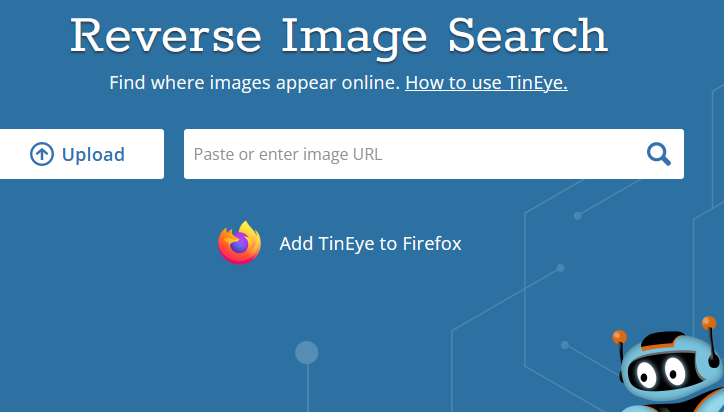
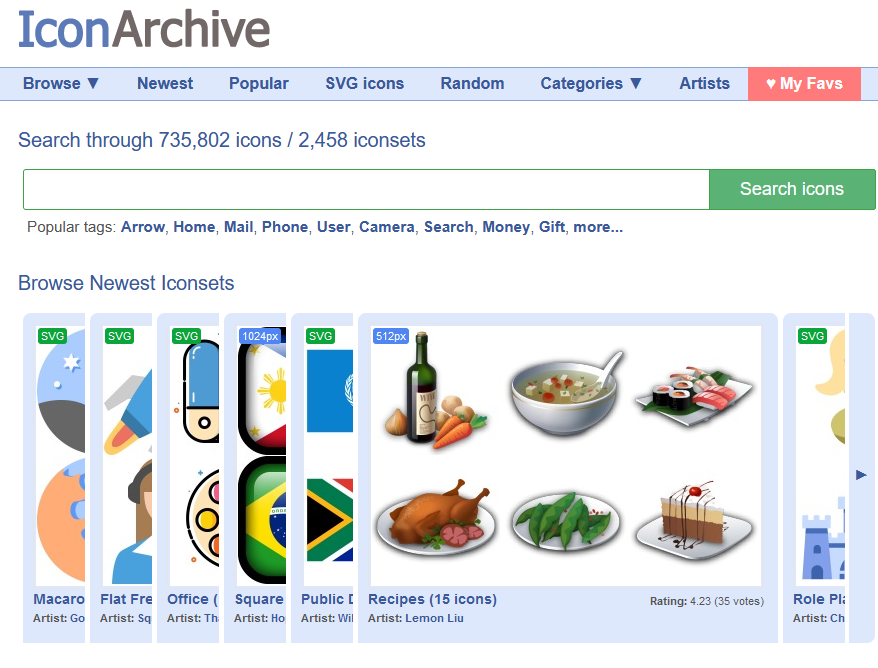

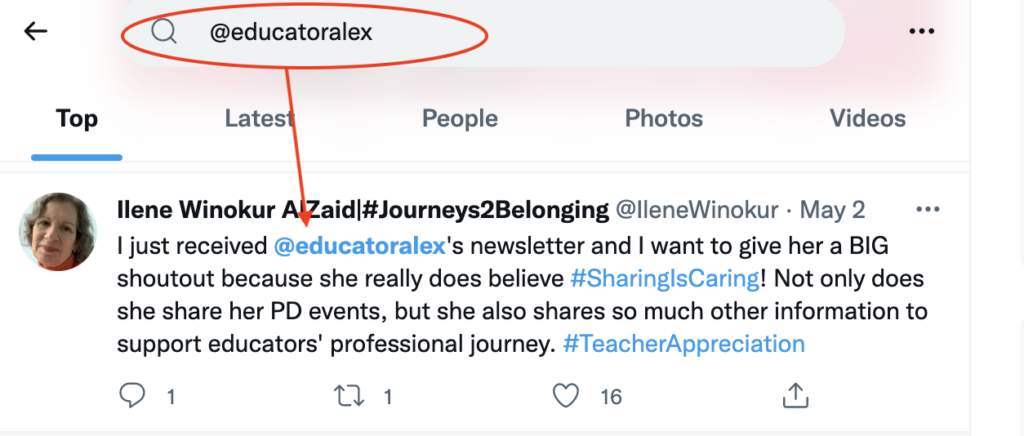
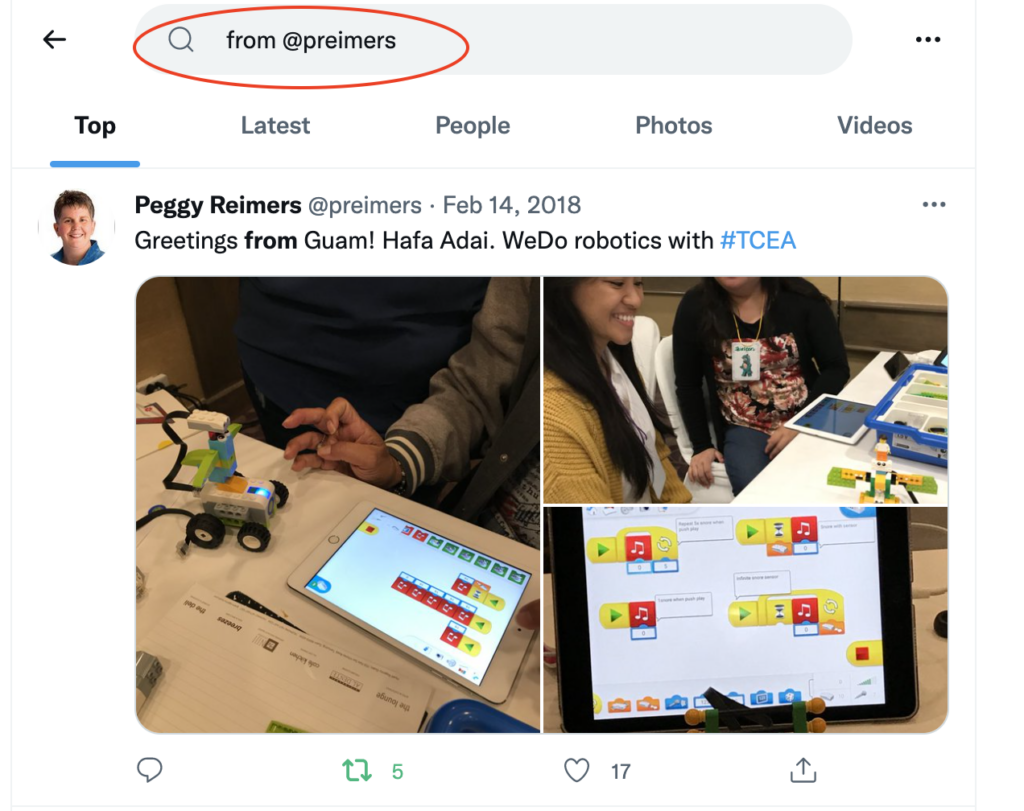
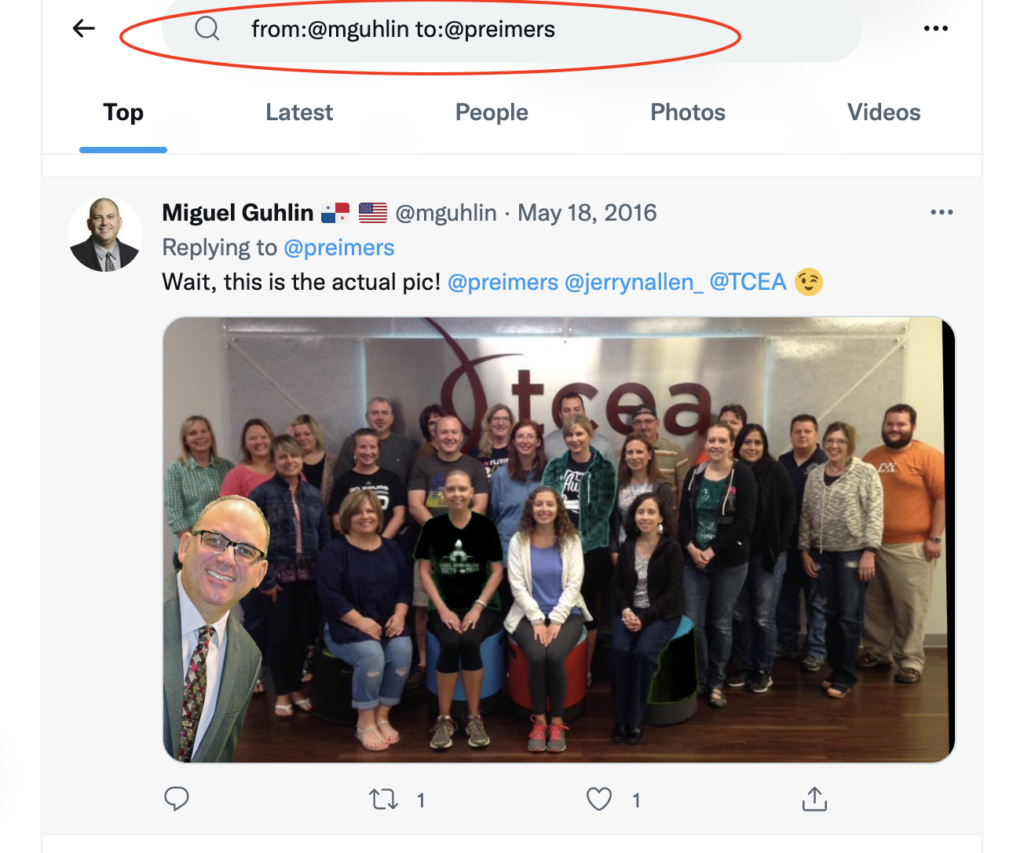
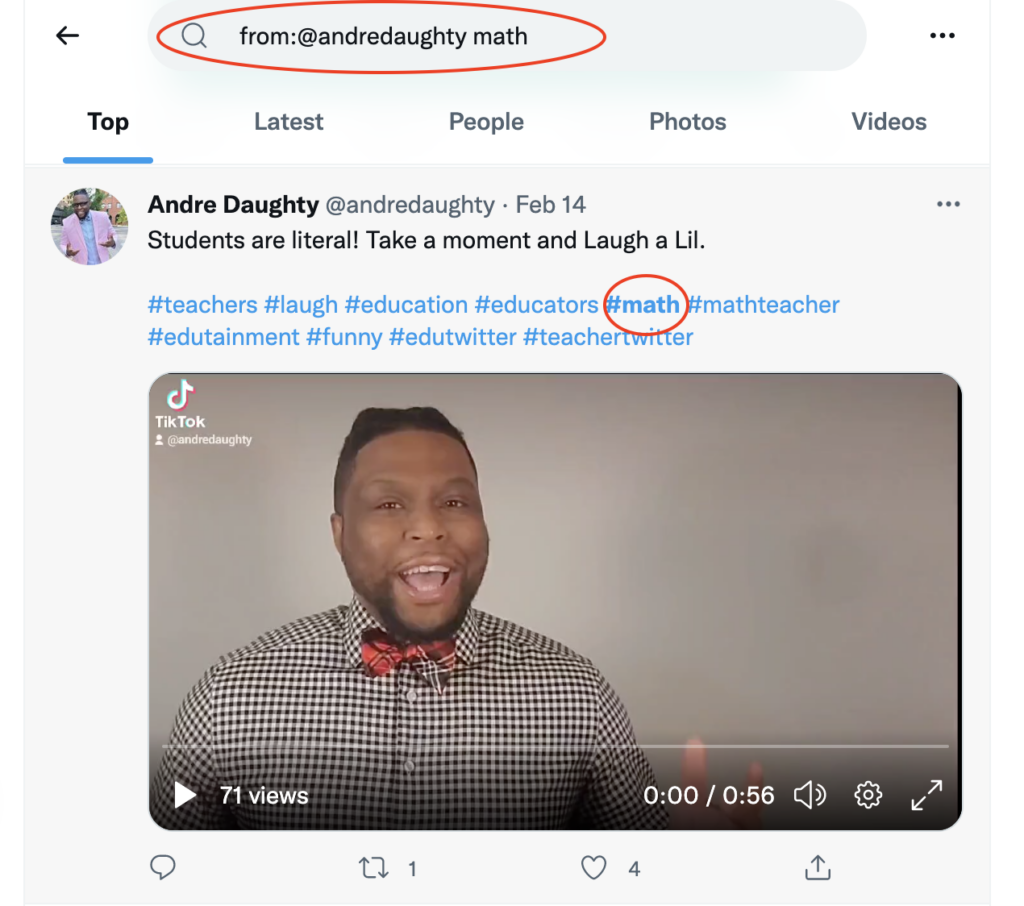

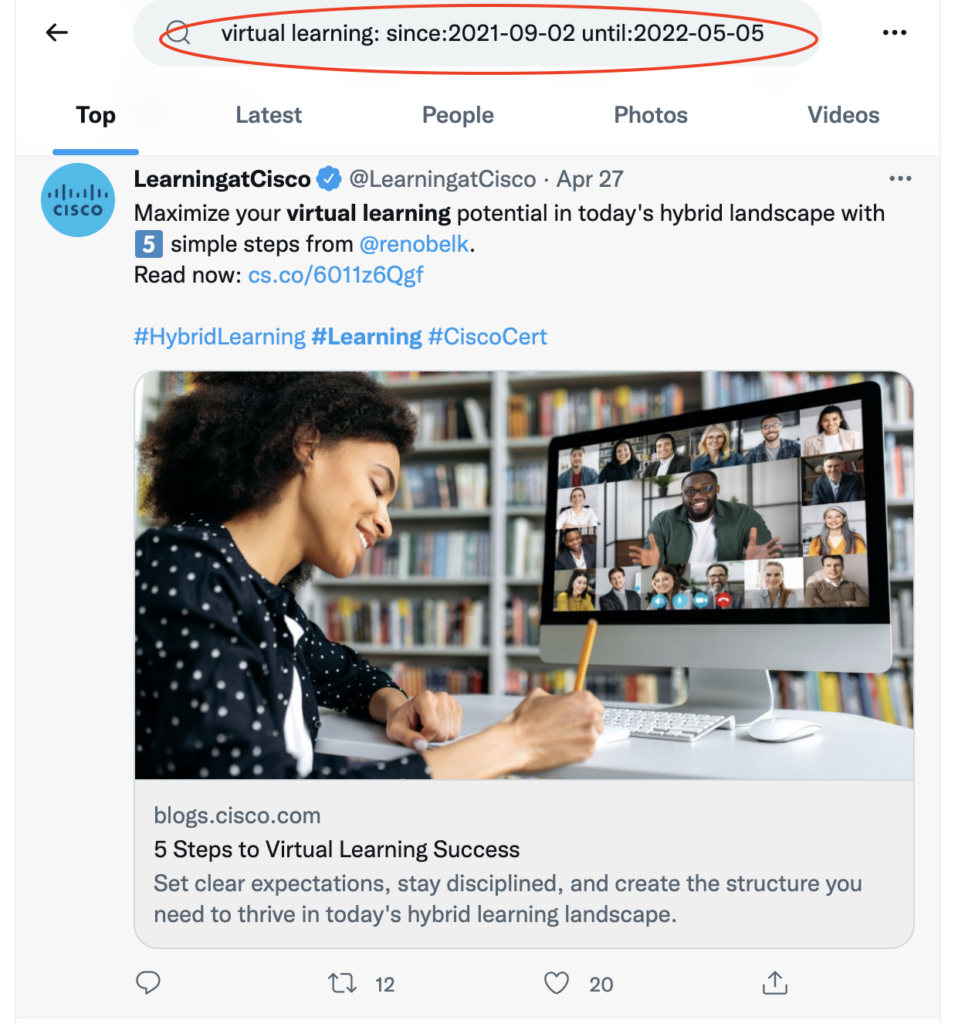
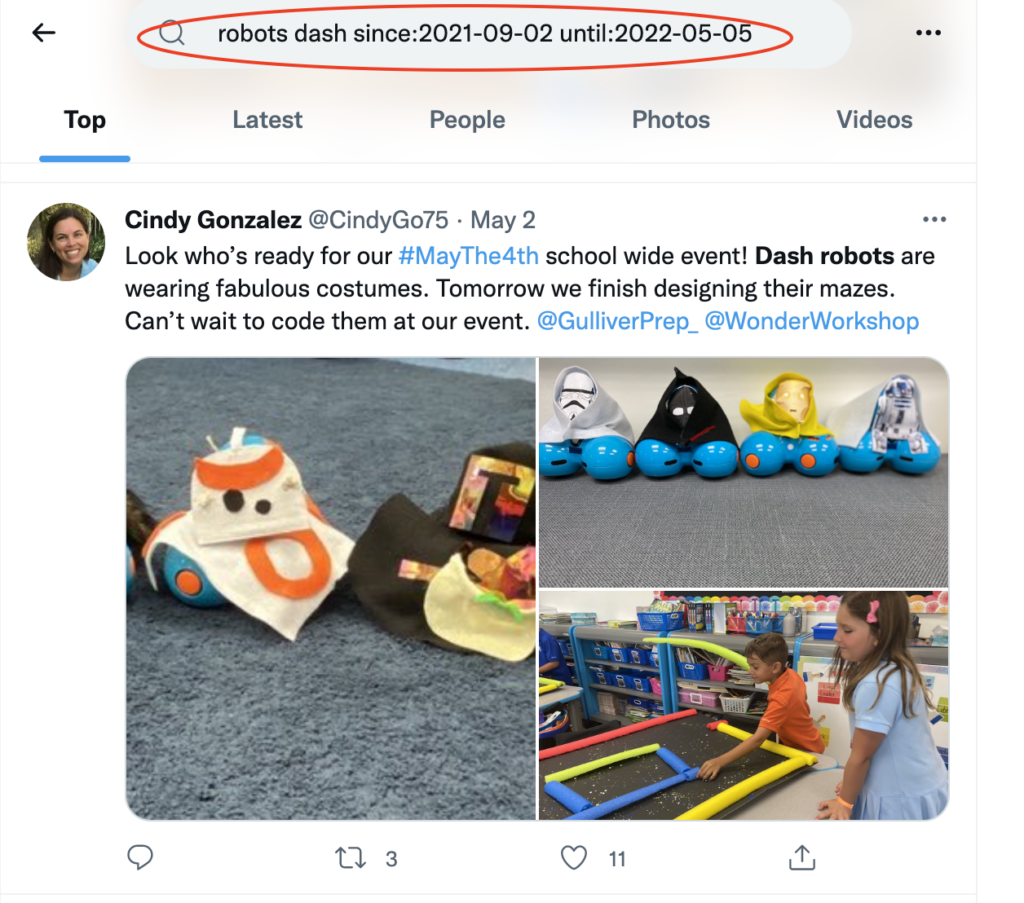
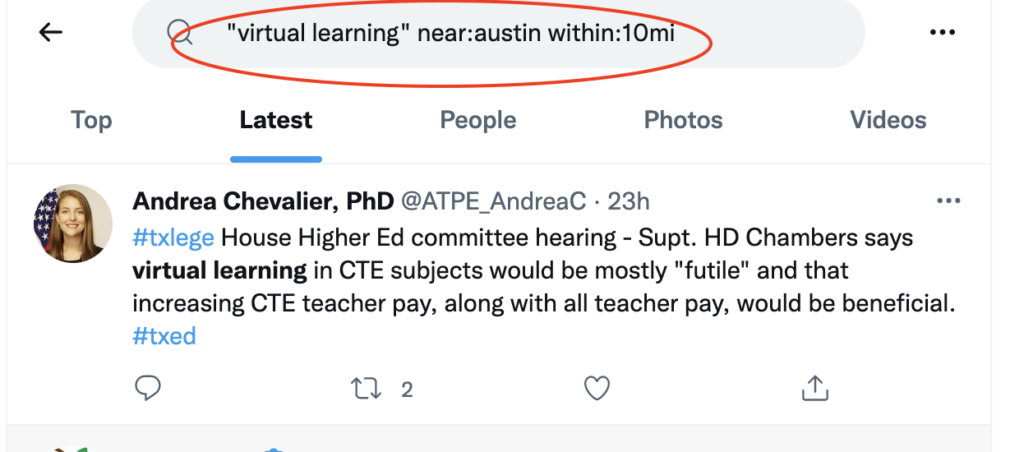

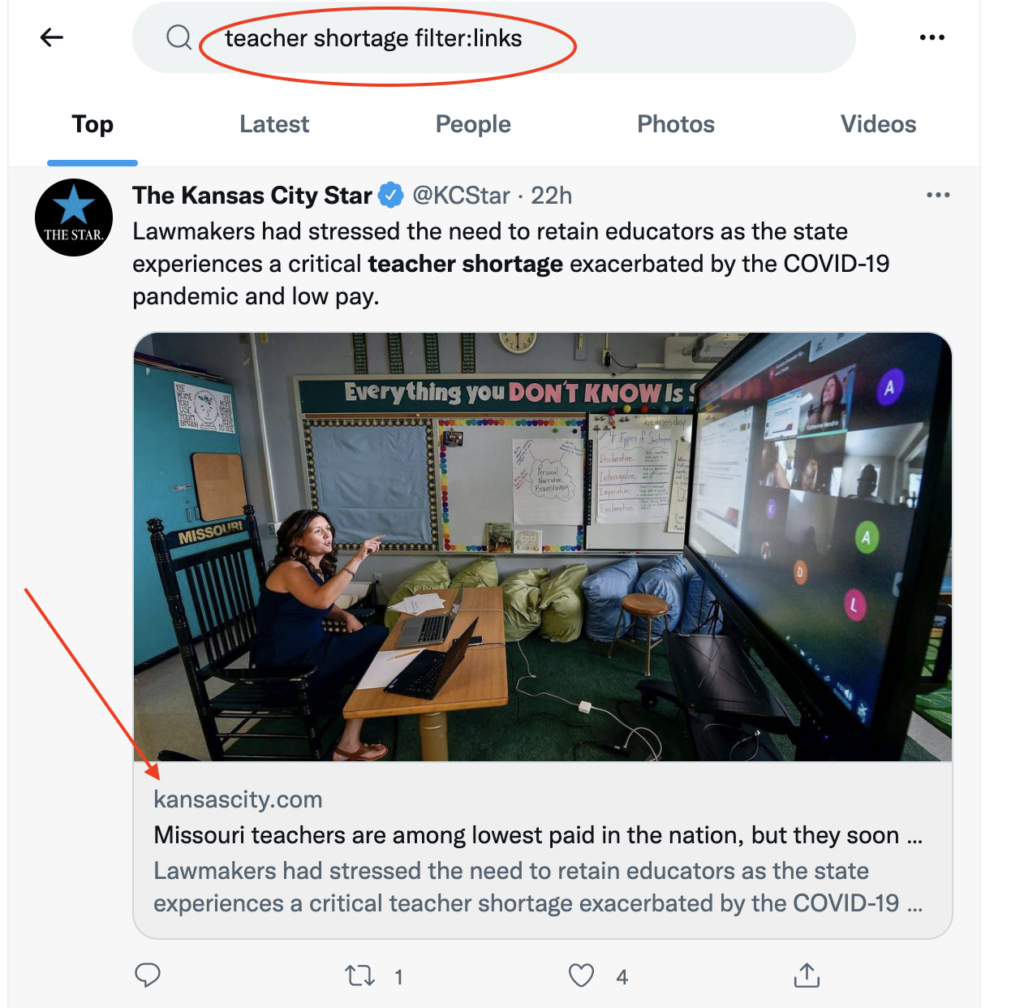
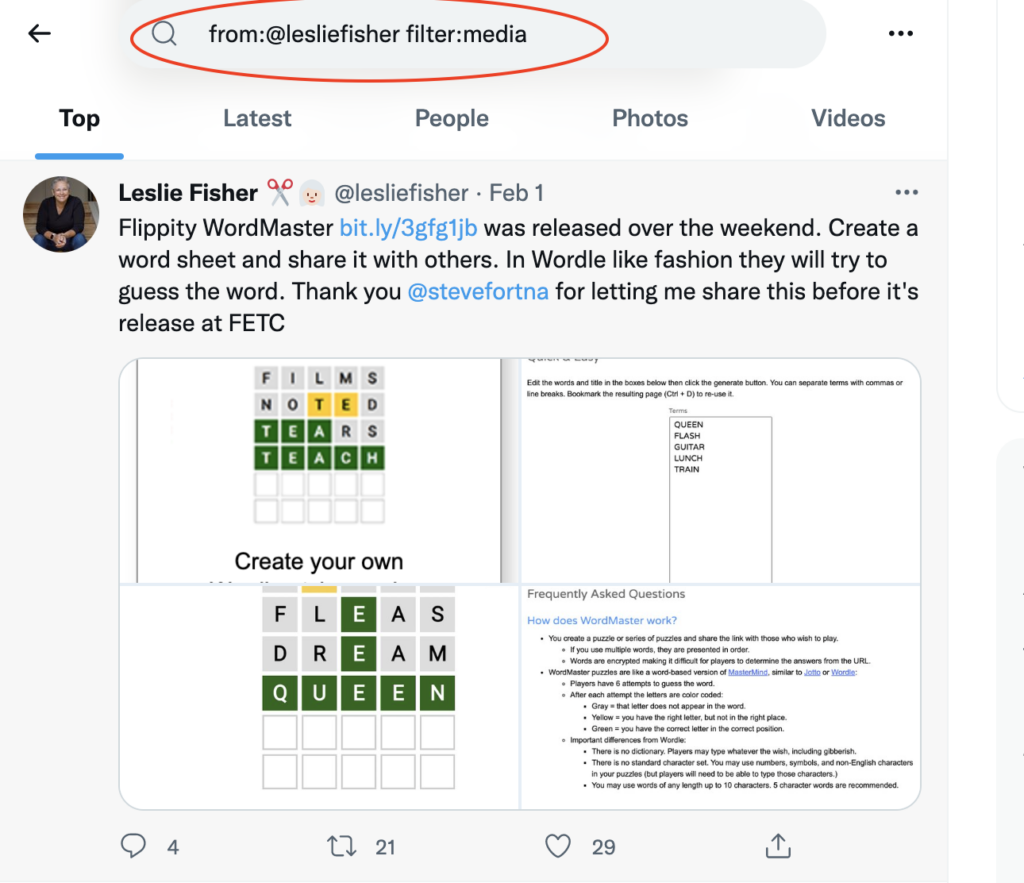

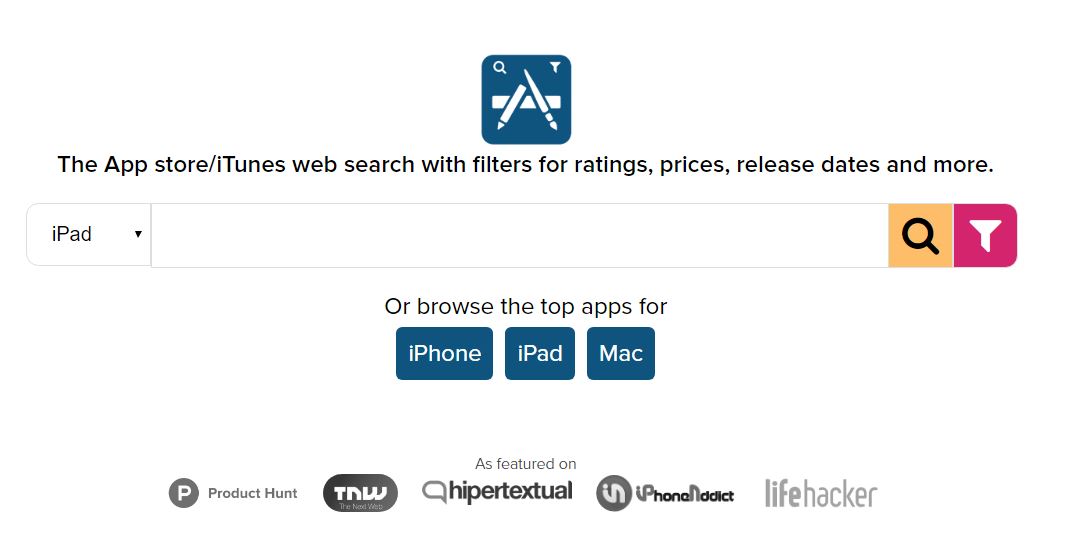
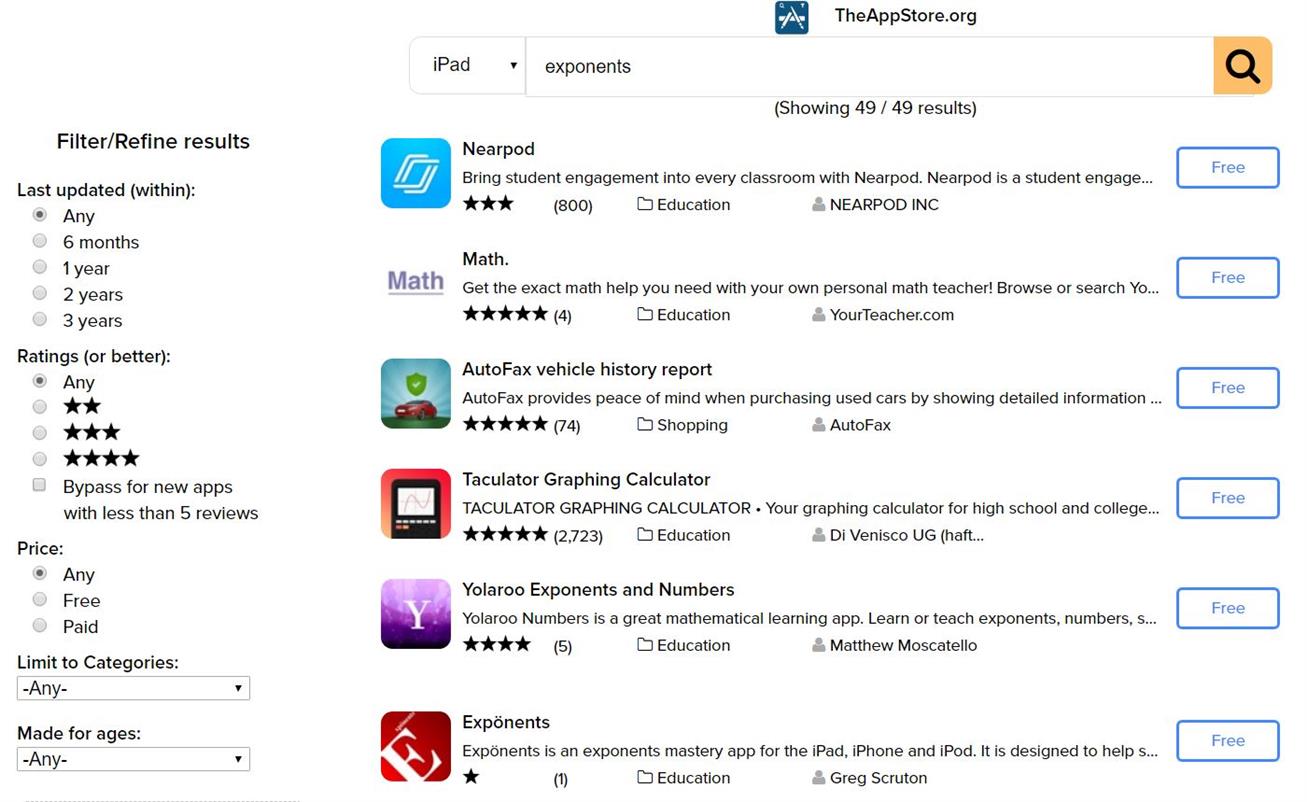
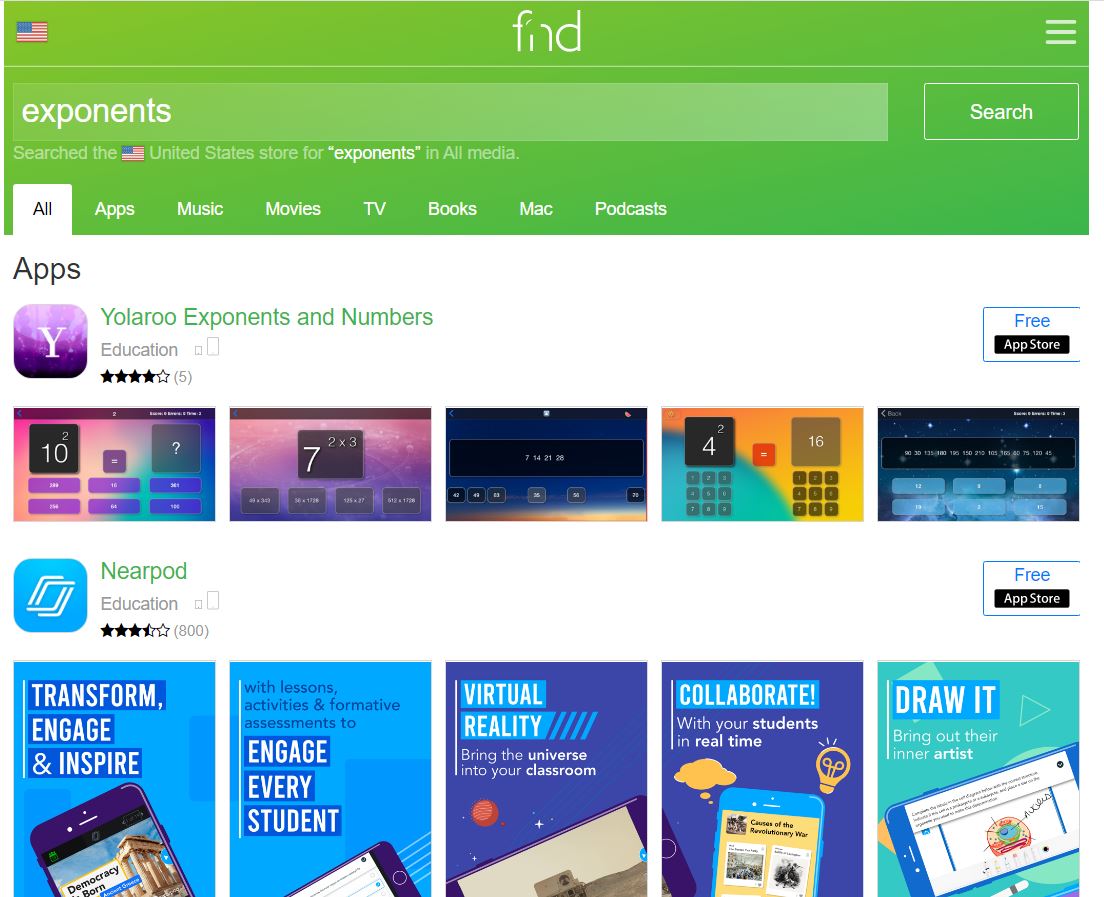
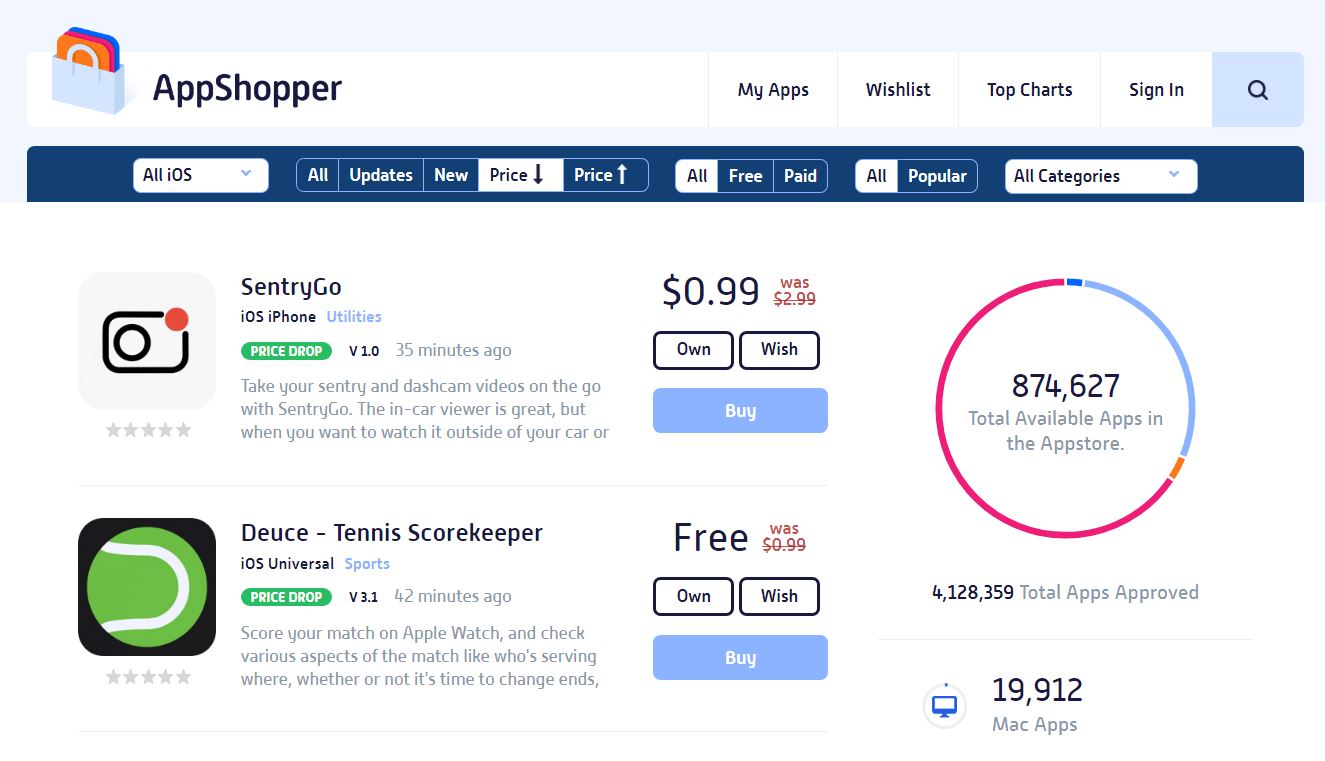


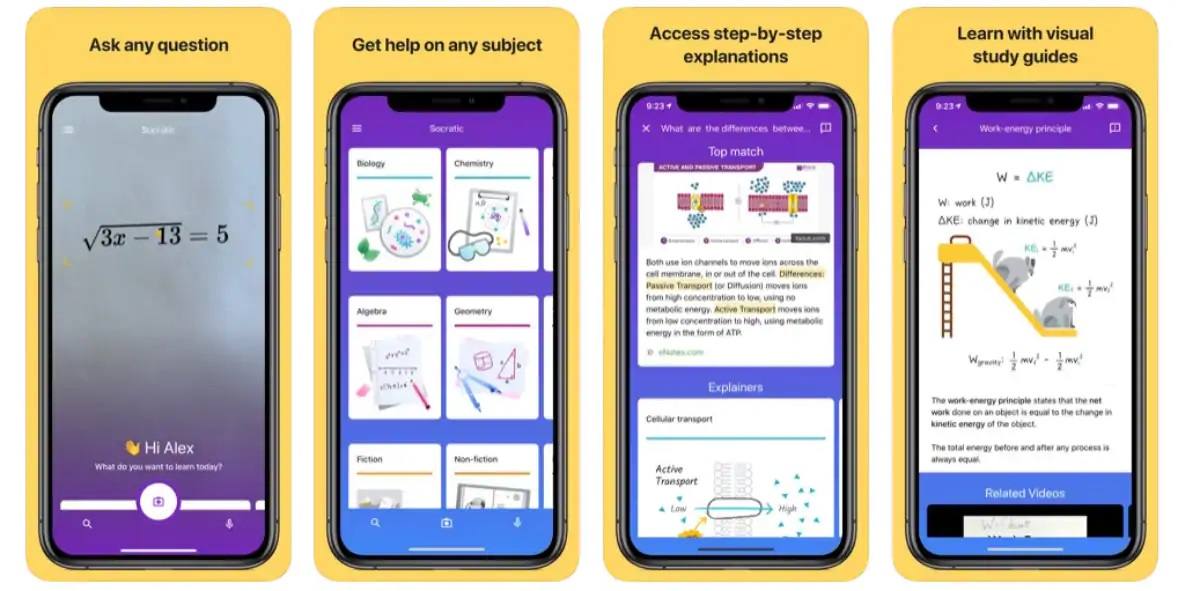

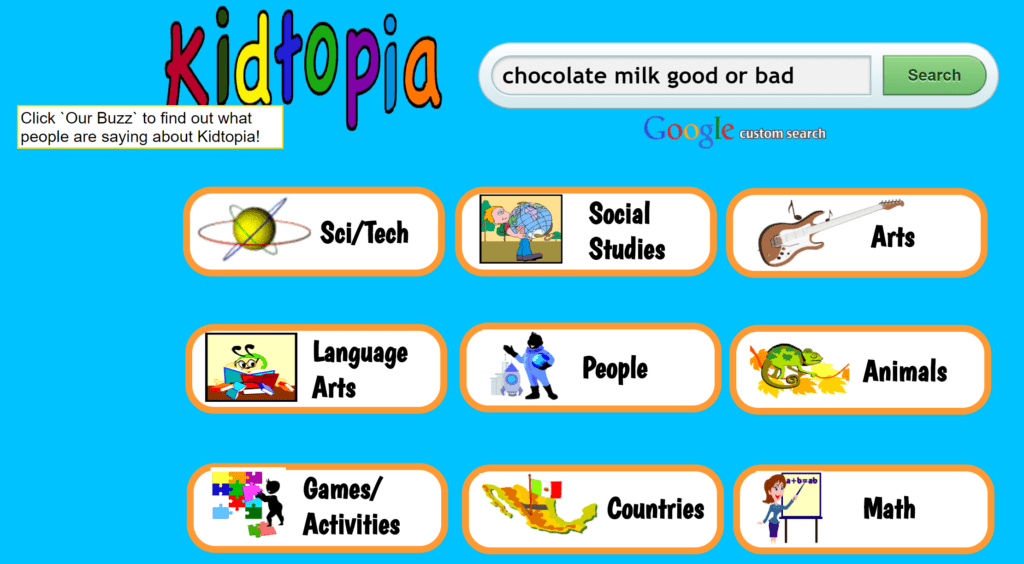
 Once you have your focus planned, then it’s time to do some research. The TCEA convention offers in-depth learning opportunities on almost any topic in the edtech world that you might be interested in. But you have to know how to search out exactly what you need. To do that, you’ll need your computer and
Once you have your focus planned, then it’s time to do some research. The TCEA convention offers in-depth learning opportunities on almost any topic in the edtech world that you might be interested in. But you have to know how to search out exactly what you need. To do that, you’ll need your computer and 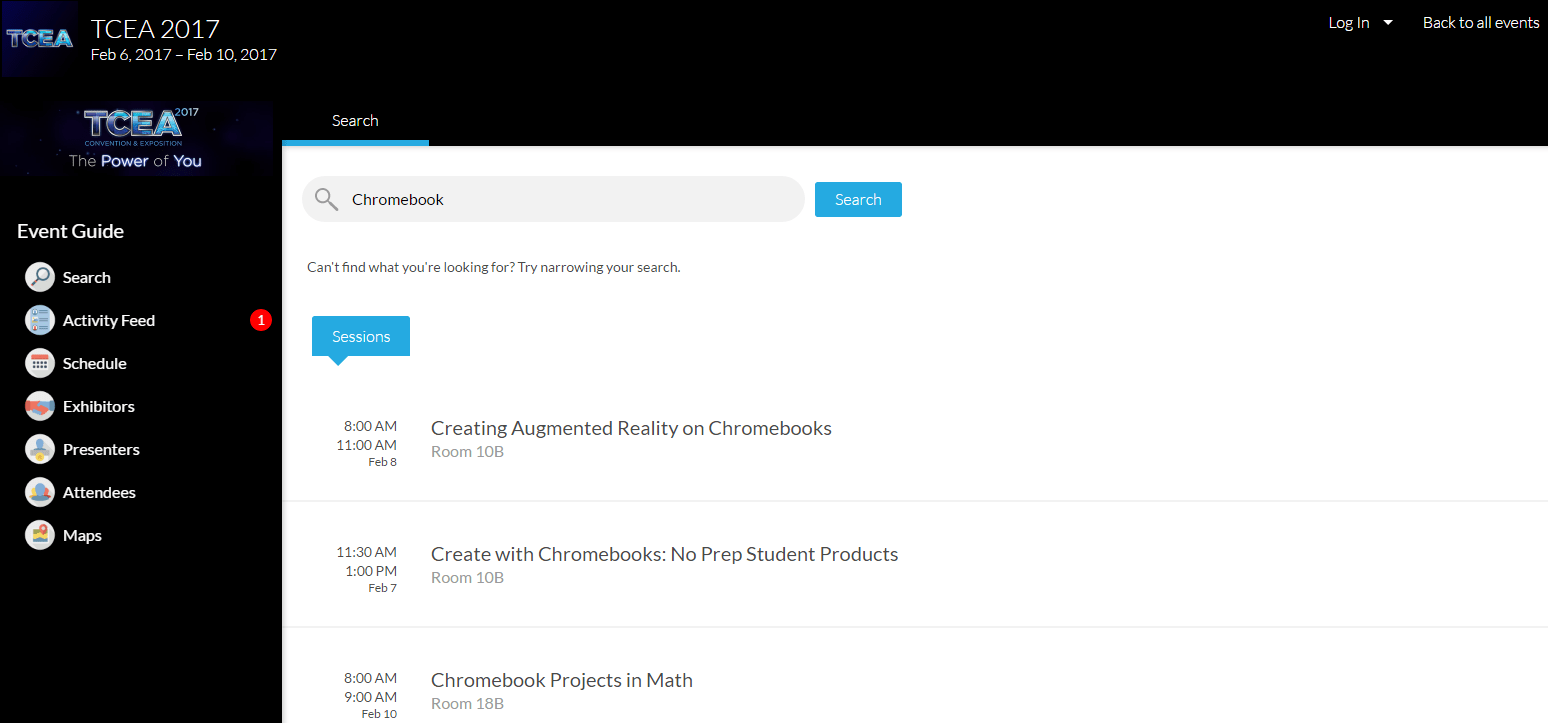

 engine to search for websites that have all three of these words. After the search, click on the word Images at the top of the page. This will produce a page full of images of U.S. monuments.
engine to search for websites that have all three of these words. After the search, click on the word Images at the top of the page. This will produce a page full of images of U.S. monuments.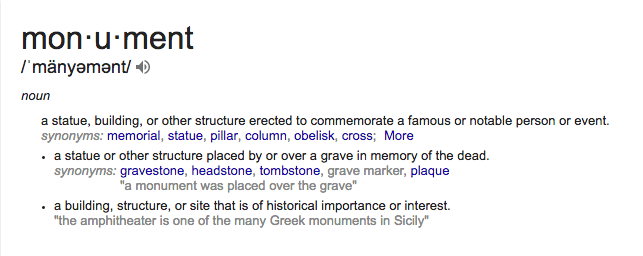 Prior to the class, select a group of YouTube videos about different U.S. and Texas monuments. Create a playlist and have your students watch the videos. Here is a
Prior to the class, select a group of YouTube videos about different U.S. and Texas monuments. Create a playlist and have your students watch the videos. Here is a  responses as a group activity. Instead of creating a Slide presentation, have the students draw images illustrating what they learned about the monument on a storyboard. This helps the students make critical decisions about what images best represent their learning and the order the images should be placed to communicate their ideas to an audience. These are necessary skills that will help them when they are older and are able to create a Slide presentation. Learning what to include and exclude is important to know. You could also take photos of their pictures and put them in a Slide presentation.
responses as a group activity. Instead of creating a Slide presentation, have the students draw images illustrating what they learned about the monument on a storyboard. This helps the students make critical decisions about what images best represent their learning and the order the images should be placed to communicate their ideas to an audience. These are necessary skills that will help them when they are older and are able to create a Slide presentation. Learning what to include and exclude is important to know. You could also take photos of their pictures and put them in a Slide presentation.
 the Twitter home page and with any Twitter search. Across the top are some other ways to find great information on Twitter.
the Twitter home page and with any Twitter search. Across the top are some other ways to find great information on Twitter.